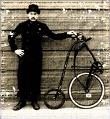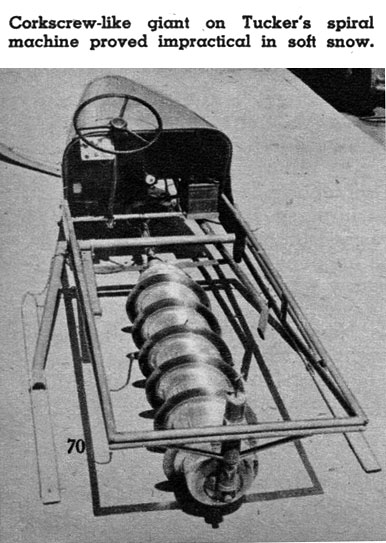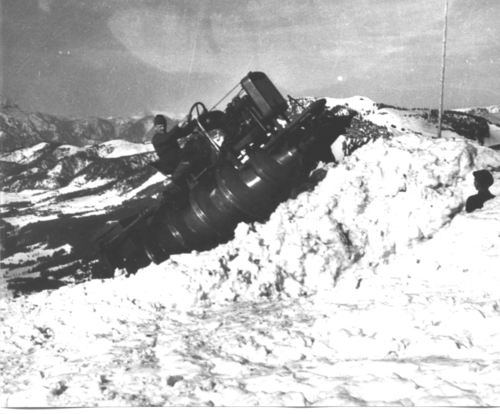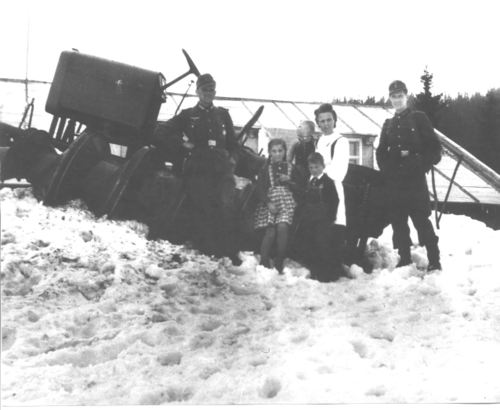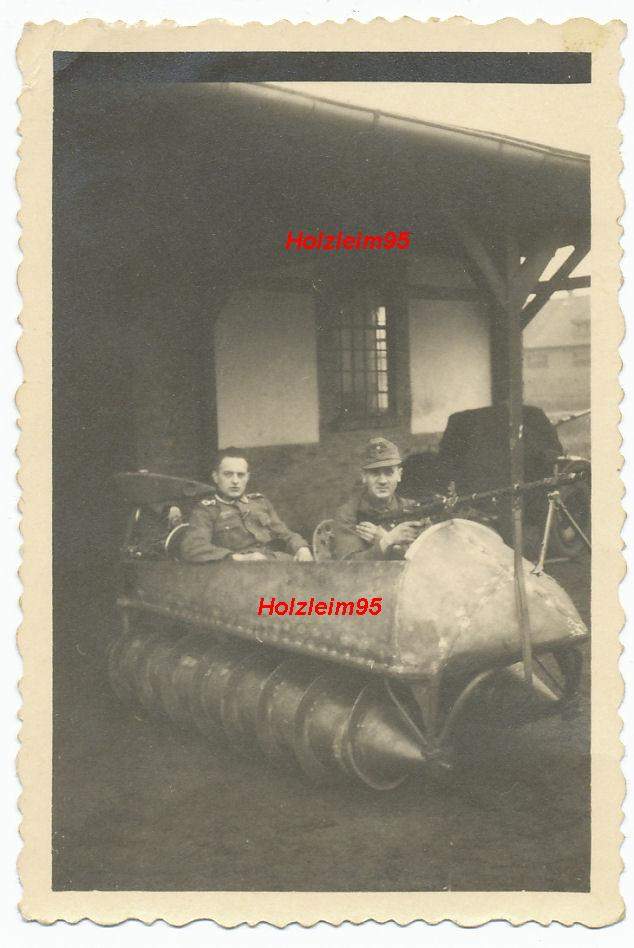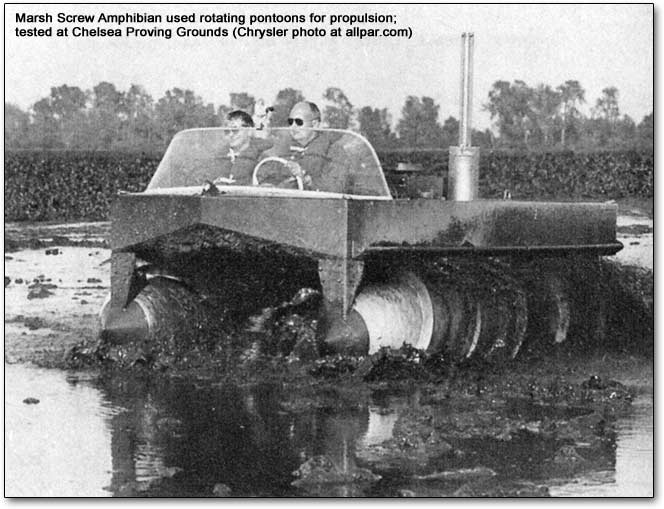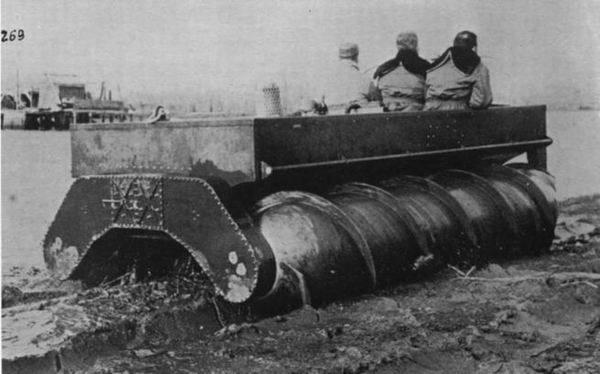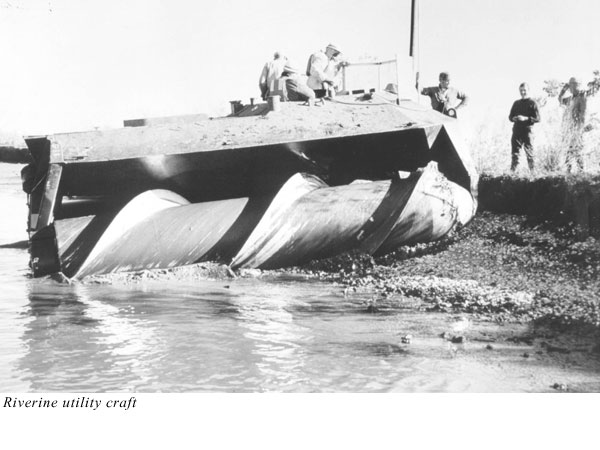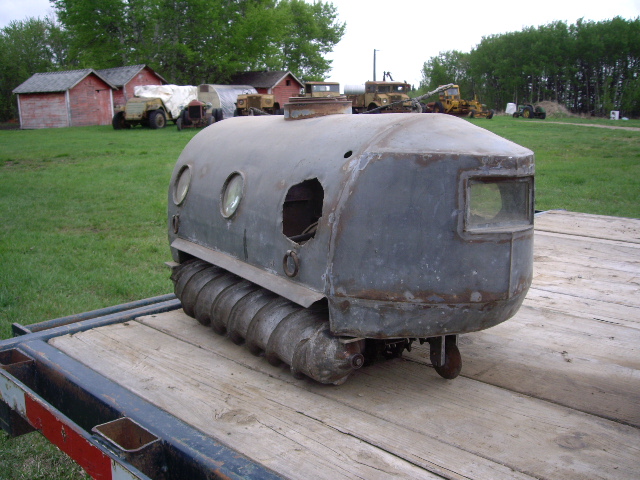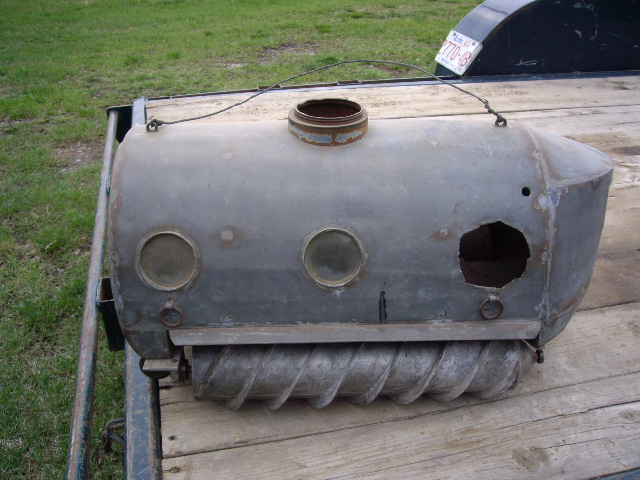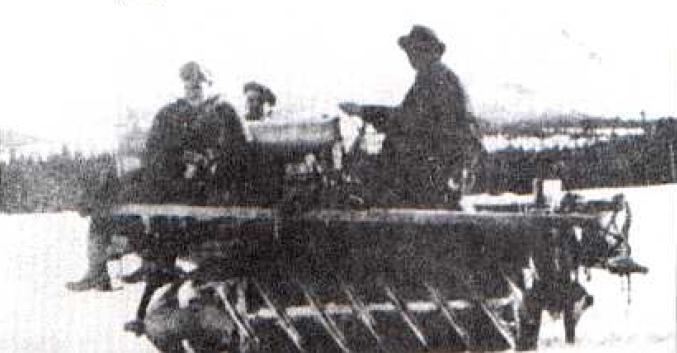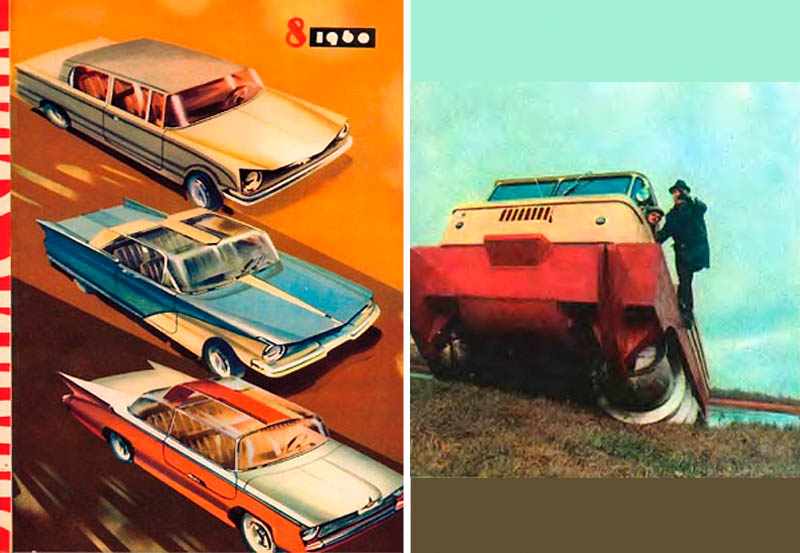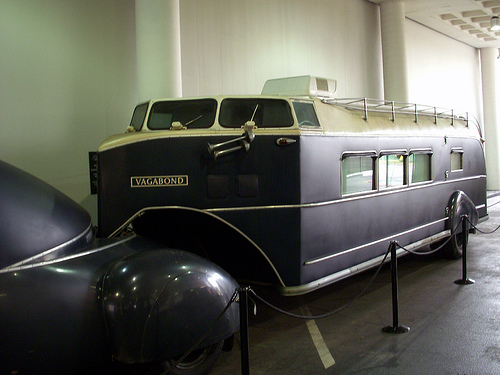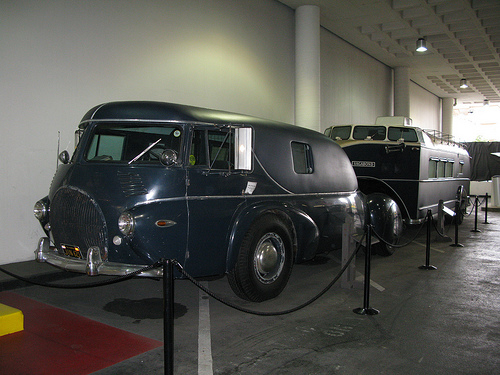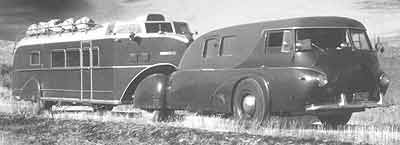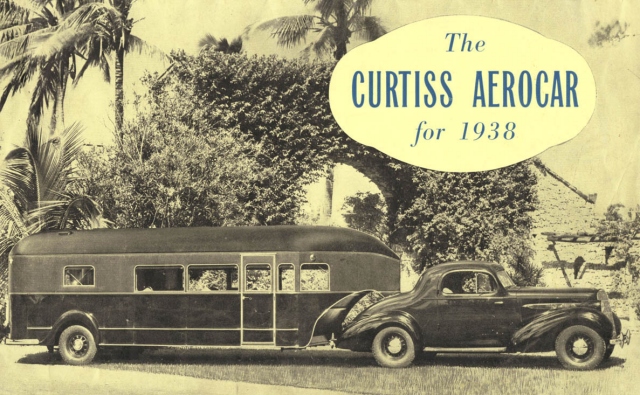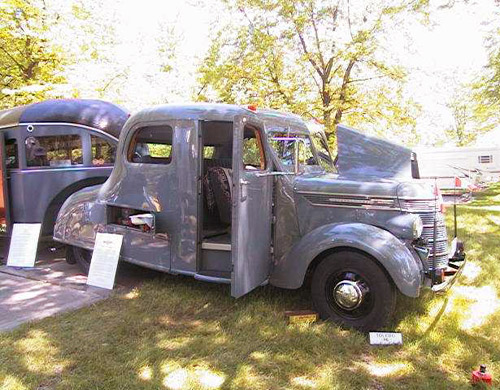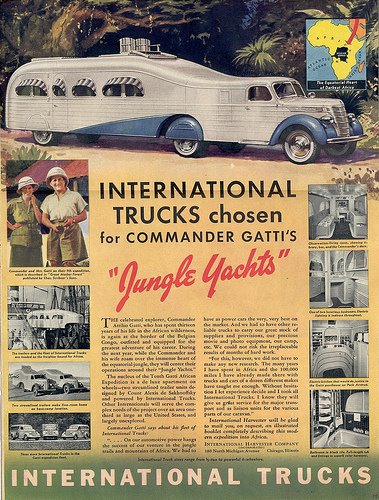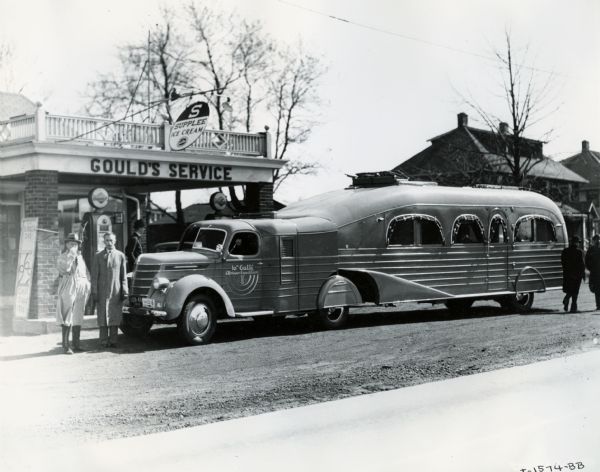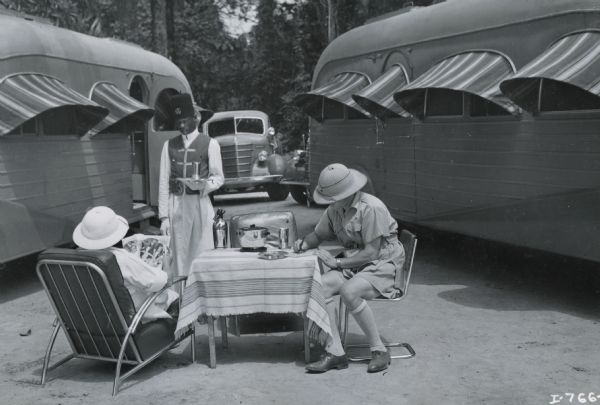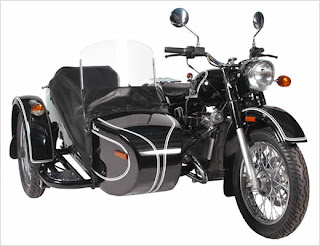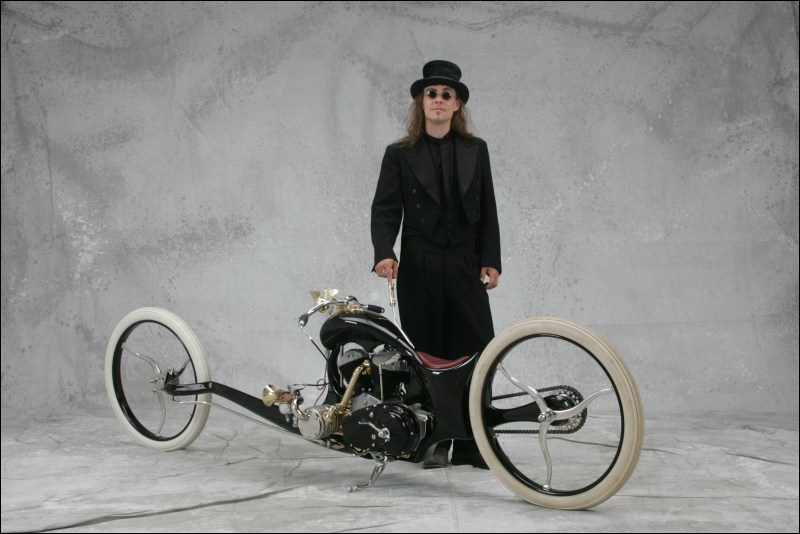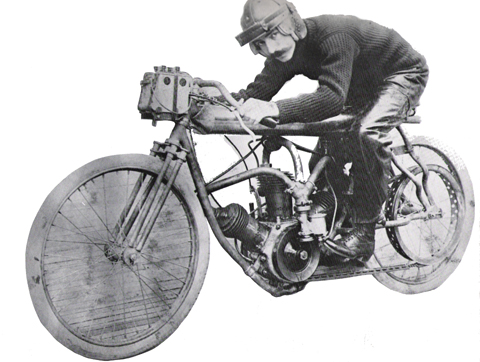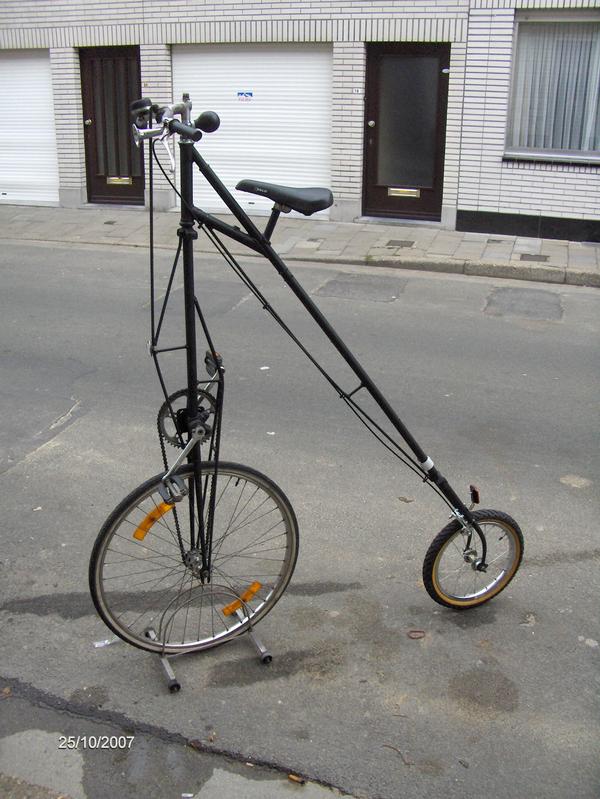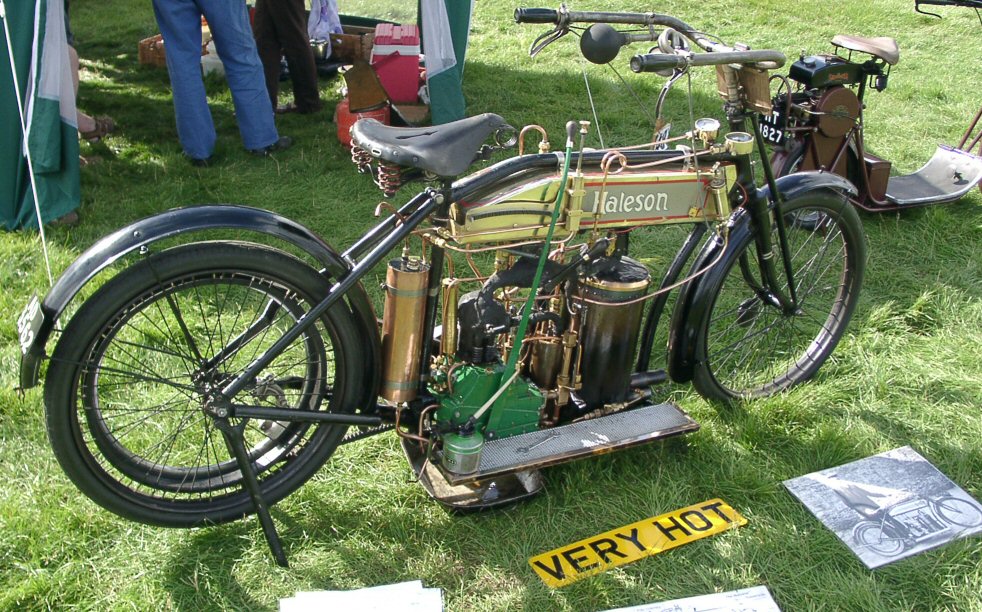Lucius Beebe: The Mad Organist of the Comstock
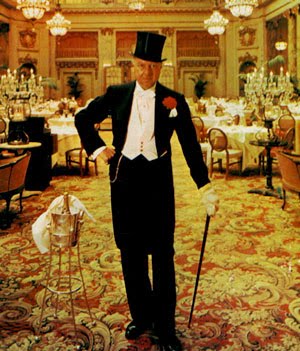
Lucius Beebe is a name that should be dear to every steampunk's heart, yet we do not hear him brought up as much as the Brunels and Lovelaces. Perhaps this is because steampunks fetishize technological invention and Beebe was an inventor of lifestyle. However, his steampunk cred should be self evident as he is the most prominent and prolific writer on the subject of railroading. But that fact is largely inconsequential as it is his insistence on living in the world he wished to live in that makes him admirable to us, even though he was probably unbearable in person (Hilaire Belloc said "like many of the upper class, he loved the sound of smashing glass"). Being disgustingly rich goes a long way towards allowing you to live in the world of your choosing.
When Lucius Beebe went to bed at night he knelt to pray that the twentieth century, which he considered a "street accident," would go away before he waked. He dressed in the finest capes, hats, canes, watches, and furs that money could buy. He loved wine, cigars, fine food, his daily turkish bath, antiques, opera, and railroading. Once when someone claimed that electing Dewey would set the country back fifty years he exclaimed, "And exactly WHAT was wrong with 1898!?!?" He clung with a death grip to the tradition of the drunken journalist and was a master of hijinks while retaining the manners of an Edwardian gentleman. He was "snobbish as a pewter pitcher of martinis and brittle as a frozen Hershey bar".
You can understand why Beebe loathed the future so much- he came from old money, and a time when his like were treated like royalty was giving way to a proletarian culture of democracy. Items that once were available only from master craftsmen started to become available cheaply, made by machines- the crapification of the world had begun. Rail travel, once a luxury reserved for the ultrarich, was now available in cattle-car form for anybody with price of a ticket! Lucius probably felt robbed.
He spent his youth pulling pranks as a "troublemaker of prodigious talent" until he was shuttled off to both Harvard and Yale, where he routinely appeared in class in full evening dress, wearing a monocle and carrying a gold-headed cane. He had a roulette wheel and a full bar in his room. He once tried to T.P. J.P. Morgan's yacht from above in a chartered aircraft, and finally "In recognition and celebration of Beebe's many accomplishments, Harvard and Yale invited him to be expelled, an invitation beyond his control to decline."
Onward to New York, he coined the phrase "Cafe Society" to describe the 500 or so people in the world who he felt were rich enough, famous enough, and lived with enough elan and panache. He was openly gay and cared little what anybody thought about it, and he is credited for coining the term "partner" to describe a gay spouse. For ten years he flitted around New York, taking in the opera, dining at the finest restaurants, buying watches and clothes, and writing columns about other filthy rich people.
Then, in 1940, he went to Virginia City, NV to see the premiere of the Erol Flynn movie of the same name. Virginia City in the 1860s and 70s was the richest place on the planet, a place where a mountain of oyster shells formed in the desert as fortunes were made and spent with astounding speed in a city devoted to the art of conspicuous consumption. The silver from the Comstock Lode funded the North in the Civil War, built San Francisco, laid the Atlantic cable, founded the Hearst newspaper empire, and the lax moral code of the era pioneered legal prostitution, divorce, and acupuncture. By the time Lucius arrived the town had 400 residents and twenty gorgeous Victorian saloons. Beebe exclaimed to his partner, "Why the alcoholic proof here is so high, and the moral tone so low, we can be perfectly inconspicuous!" He purchased the towns oldest and largest mansion; he strode around town in a clawhammer coat and wide-brimmed black hat and nobody gave him a second glance.
But he wasn't finished. He purchased the Territorial Enterprise, Mark Twain's old newspaper, and began to publish "Pro-prostitution, pro-alcohol, pro-private-railroad cars-for-the-few and fearlessly anti-poor folks, anti-progress, anti-religion, anti-union, anti-diet, anti-vivisection and anti-prepared breakfast food" rants against packaged breakfast cereals, digit dialing (that is, using your finger instead of asking the operator to connect you), Billy Graham, zippers on men's pants, womens suffrage, TV dinners, once-a-day mail delivery, the Christian Science Monitor, nuclear fission, Bobby Kennedy, one-ounce martinis, and the jet airplane, that "cartridge of death".
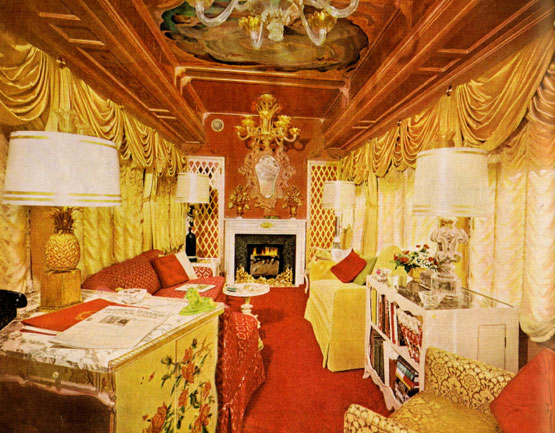
Beebe and his partner Chuck Clegg purchased two Pullman private rail cars, the Virginia City and the Gold Coast and spent a fortune to decorate them resplendently with antiques and decor, including a marble fireplace, turkish bath, a 50-bottle wine cellar, and a reproduction of the Sistine Chapel on the drawing room ceiling. Along with their St. Bernard "Mr. T-Bone" they spent their winters touring the country in a sultan's splendor and writing dozens of books about railroading and the old west.
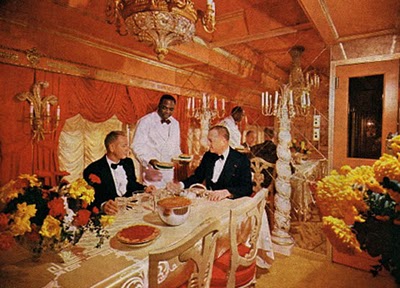
When Cecil B. DeMille first stepped on board the Virginia City he exclaimed, "Tell the madam I'll have a drink but I'm too old to go upstairs!".
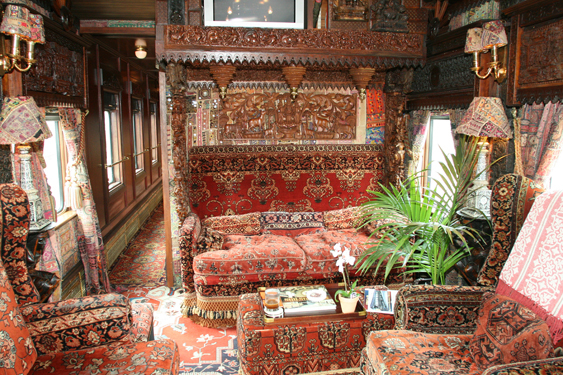
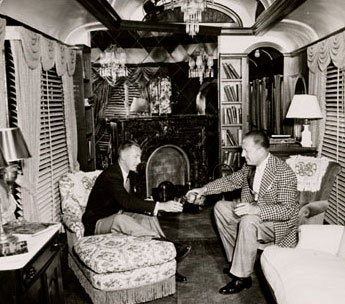
These two railcars are still around, and you can experience them. The Gold Coast is at the California Railroad Museum in Sacramento. And the Virginia City, while privately owned, is available for charter! The Virginia City Rail Corporation maintains it in its original state for your private excursion, and runs regular rail cruises such as the upcoming ones on February 17th and March 16th that cross the Sierra Nevadas.
Beebe considered himself a "coinesseur of the preposterous". He refused to accept a world that didn't suit him. He had no regard for what the haters thought and he worked all the time at his art. Most importantly, he refused to give up his dignity when the rest of the world was selling it wholesale. In the sense that he was the first person outside of the Victorian era to idolize it, he may just well be the first steampunk. recommended reading: "The Richest Place On Earth" by Warren Hinckle
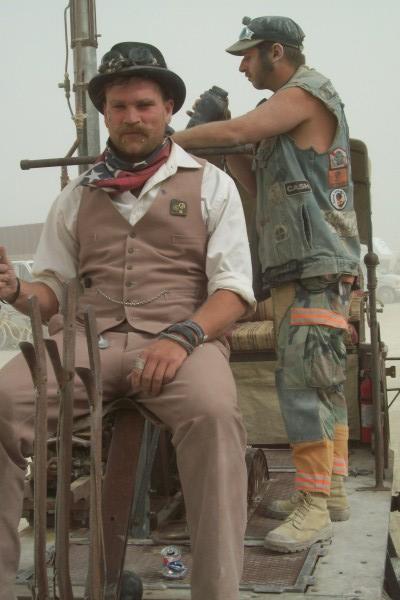 The Steampunk World
The Steampunk World
